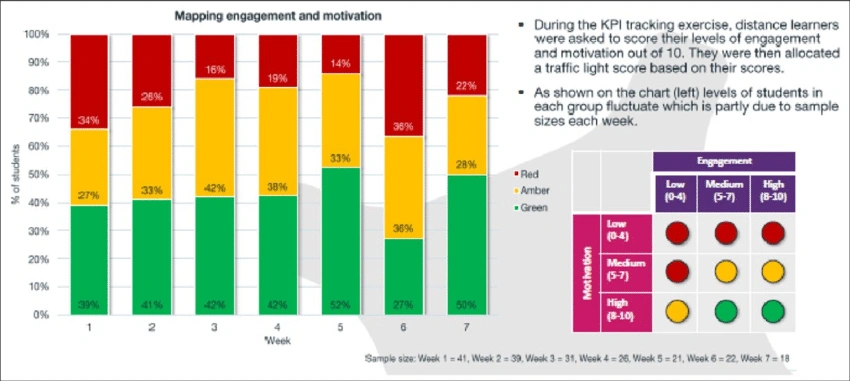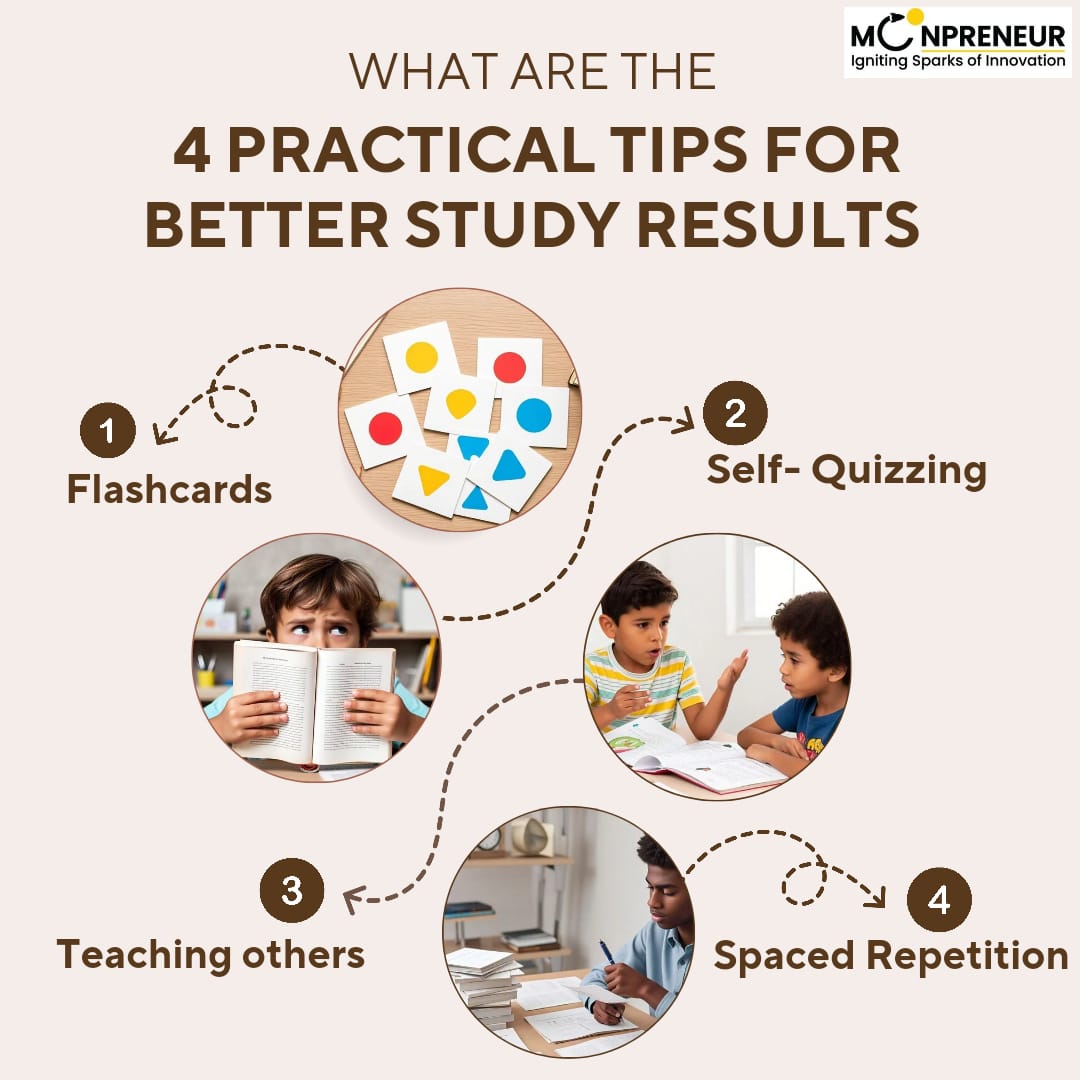
School grades are like report cards for students, showing how well they understand and perform in their studies. But do these grades really help students, or do they make things harder for them? Let's explore how grades can either encourage or create problems for students in their learning journey.
What Grades are All About:

Grades are those letters or numbers on your report card that tell everyone how you’re doing in school. They’re like a score that helps teachers and students see how much you know about a subject. The idea is to guide students, helping them figure out what they’re good at and where they can get better.
Good Grades as Rewards:

Some people believe that good grades can serve as powerful motivators for students. The prospect of achieving a high grade can inspire students to study more, complete their homework, and strive to excel in their subjects. The sense of accomplishment that comes with a good grade can instill a feeling of pride and a deeper appreciation for learning.
Good grades can also act as gateways to exciting future prospects. They can pave the way for scholarships, admission to prestigious colleges, and lucrative job opportunities. For many students, grades are not just a measure of their current performance, but also a promise of a bright future. This knowledge can fuel their motivation to continue learning and striving for excellence.

𝖠 𝖱𝖾𝗌𝖾𝖺𝗋𝖼𝗁𝖦𝖺𝗍𝖾 𝗀𝗋𝖺𝗉𝗁 𝗌𝗁𝗈𝗐𝖼𝖺𝗌𝗂𝗇𝗀 𝗅𝖾𝖺𝗋𝗇𝖾𝗋 𝗆𝗈𝗍𝗂𝗏𝖺𝗍𝗂𝗈𝗇 𝖺𝗇𝖽 𝖾𝗇𝗀𝖺𝗀𝖾𝗆𝖾𝗇𝗍 𝗍𝗋𝖾𝗇𝖽𝗌 𝗍𝗁𝗋𝗈𝗎𝗀𝗁𝗈𝗎𝗍 𝗍𝗁𝖾 𝗌𝗎𝗋𝗏𝖾𝗒 𝗉𝖾𝗋𝗂𝗈𝖽.
Bad Side of Grades:
 On the other hand, some people say that focusing too much on grades can make learning not so fun. Imagine feeling stressed and worried about getting high grades all the time. It can make you feel anxious, like you’re carrying a heavy load on your back. This fear of not doing well might stop you from trying new things or exploring subjects that you find attractive but are afraid you won’t be good at.
On the other hand, some people say that focusing too much on grades can make learning not so fun. Imagine feeling stressed and worried about getting high grades all the time. It can make you feel anxious, like you’re carrying a heavy load on your back. This fear of not doing well might stop you from trying new things or exploring subjects that you find attractive but are afraid you won’t be good at.
Sometimes, when grades are the main focus, students might choose to memorize things just to get the right answers. This is not really learning because you don’t understand why something is the way it is. This kind of approach can prevent you from developing critical thinking skills and a true love for learning.
Recommended reading: Best Back to School Movies | Top Picks for a Fun School Year
What About Mental Health:
Grades can also mess with how you feel inside. Always trying to get high grades can make you feel relaxed and energized. The worry of not meeting expectations can make you feel down, affecting not only how you do in school but also how you feel overall.
It’s important to remember that every student is different. What motivates one person might not work for another. Some students do better when they can explore and be creative rather than constantly worrying about grades.
Recommended reading: Expert Tips to Handle A Call from Your Child’s School

Recommended Reading: Effective Study Habits Every Student Should Adopt
Trying New Ways to Stay Motivated:
Teachers and researchers are looking into different ways to keep students excited about learning beyond just grades. One idea is to focus on a growth mindset. This means valuing the effort you put in and being resilient, even if you are still trying to get everything perfect. Setting personal goals, celebrating small wins, and thinking of learning as a lifelong adventure are ways to make motivation more lasting and personal.
Recommended reading: Understanding Teen Fatigue: Why Am I So Tired After School?
CONCLUSION
In the ongoing debate about the impact of grades on students, one thing is clear: balance is key. Grades, when used appropriately, can provide valuable feedback and recognition. However, it’s equally important to consider the individual needs of students and how grades can influence their mental well-being and love for learning. Striking this balance can reassure educators, parents, and students that the educational system is designed with their best interests in mind.
As we move ahead, schools should think about a more well-rounded approach that values individual progress, encourages a love for learning, and celebrates the unique strengths each student brings. The ultimate goal is to create a place where students are motivated not just by getting good grades but by the pure joy of exploring, understanding, and using what they learn.
Recommended Reading: 10 Commandments for Fostering a Positive Learning Environment in US Schools
Moonpreneur is dedicated to transforming conventional education, preparing the next generation with comprehensive learning experiences. Our Innovator Program equips students with vital skills in AI/ML, Robotics, Coding, Game Development, and App Development, fostering entrepreneurship through hands-on learning. This initiative aims to cultivate the workforce of tomorrow by integrating innovative technologies and practical skills in school curriculums.
Register for a 60-minute free workshop today!


























Grades provide a clear benchmark for students to measure their progress and identify areas for improvement. However, I think the idea of introducing a growth mindset is equally crucial—encouraging students to value their efforts and celebrate small wins can make the learning process more enjoyable and fulfilling. Incorporating programs like Moonpreneur’s Innovator Program, which focuses on practical skills in AI, robotics & entrepreneurship, could further enrich the traditional grading system by allowing students to apply their knowledge in real-world scenarios.
I believe grades can sometimes do more harm than good. Focusing too much on grades might limit student’s creativity and discourage them from exploring subjects they’re passionate about. The pressure to perform can also take a toll on mental health, especially when the grading system doesn’t consider individual learning styles. Instead of relying solely on grades, schools should explore alternative ways to evaluate students, like project-based assessments or collaborative work.